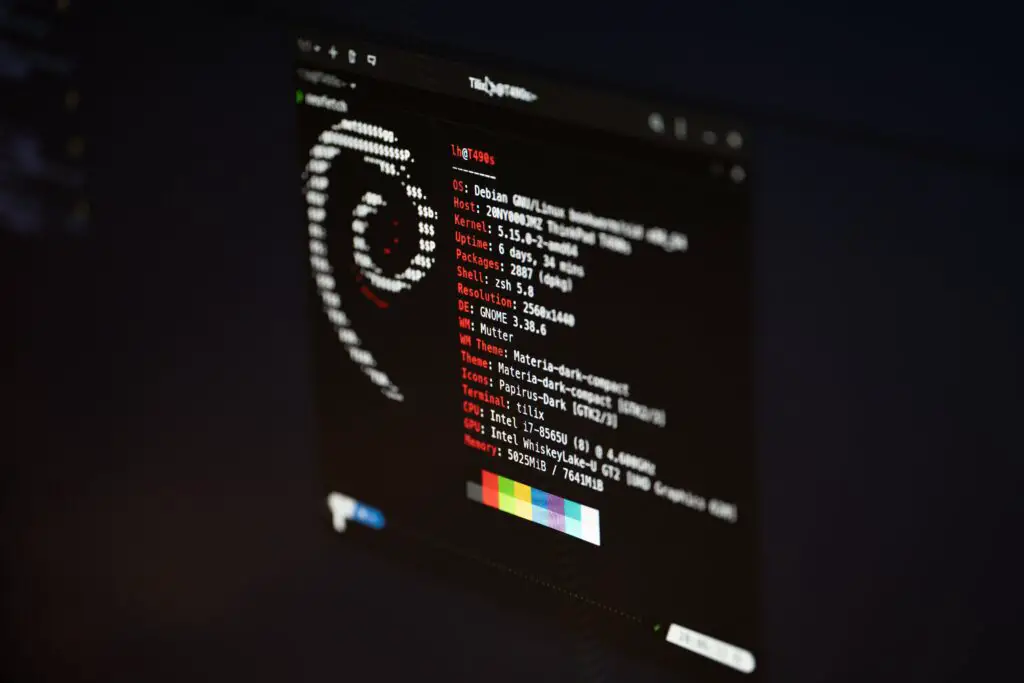Embracing the Rhythms of Debian 9
Debian 9, codenamed “Stretch,” offers a robust foundation for various software installations, including the versatile statistical computing and graphics platform R. Unveiling the steps to install R on Debian 9 calls for a careful orchestration, harmonizing the technical nuances with the user-friendly interface Debian provides. With an elegant cadence, let’s navigate through the beats of this installation, embracing the flow of commands and configurations, dancing gracefully between terminals and repositories to bring the symphony of R to life within Debian 9.

Preparing the Stage:
Updating Repositories and Packages
Before the spotlight falls on R, the stage needs setting. Commence the performance by ensuring your Debian 9 system is in sync with the latest repositories and packages. Invoke the rhythm of the terminal, conducting the ‘update’ and ‘upgrade’ ensemble, harmonizing your system’s repositories to their freshest versions. Type ‘sudo apt-get update’ to synchronize your package index with the repositories. Following this, summon ‘sudo apt-get upgrade’ to conduct the upgrade movement, ensuring your system’s packages are tuned to their newest iterations. This meticulous tuning ensures the groundwork is pristine, setting the perfect tone for R’s arrival.
A Conductor’s Gesture:
Adding CRAN to Your Repository
To harmonize Debian 9 with the rhythms of R, the CRAN repository must take its place in the orchestra of software sources. CRAN, the Comprehensive R Archive Network, orchestrates the distribution of R’s comprehensive suite of packages and tools. Let the conductor’s baton guide your keystrokes to incorporate CRAN into Debian’s repository ensemble. Begin with the resonating ‘sudo apt-get install apt-transport-https’ to enable secure package fetching via HTTPS. Next, conduct the addition of CRAN into your system’s sources.list file by echoing ‘deb https://cloud.r-project.org/bin/linux/debian stretch-cran40/’ | sudo tee -a /etc/apt/sources.list > /dev/null. This addition marks the integration of CRAN, ensuring the availability of R and its symphony of packages in the Debian 9 ecosystem.
Unveiling the Maestro:
Installing R and R-Base
Now, the crescendo approaches as R prepares to take center stage in the Debian 9 ensemble. Invoke the symphony of installation commands, summoning R and its fundamental components with the grace of a seasoned conductor. Start by executing ‘sudo apt-get update’ to synchronize your repositories, ensuring CRAN’s presence resonates through Debian’s channels. Then, gracefully usher R into the limelight with ‘sudo apt-get install r-base’, allowing the harmonious installation of the R programming language and its core libraries. As the installation progresses, observe the mesmerizing rhythm of terminal feedback, each line echoing the arrival of R’s vibrant presence in your Debian 9 system.
Encore:
Adding Optional R Packages
The R experience on Debian 9 transcends the core installation. Elevate the symphony by adding optional R packages, each contributing a unique note to the melody of statistical analysis, data manipulation, and visualization. Enliven the experience with ‘sudo apt-get install r-recommended’, introducing additional recommended packages for a richer R experience. Additionally, to augment the melodic possibilities, consider ‘sudo apt-get install r-cran-‘ followed by the desired package name, allowing the installation of specific CRAN packages tailored to your musical statistical needs. With these optional packages, the symphony of R on Debian 9 attains an expansive crescendo, offering a broad palette of tools and functionalities.
Each command, a note. Each installation, a melody. As the orchestration of R within Debian 9 concludes, the stage is set for an exploration of statistical analysis, data visualization, and programming possibilities. The cadence of commands merges seamlessly with the Debian ecosystem, harmonizing to create a symphony of statistical prowess, ready to conduct a myriad of analyses and craft captivating visualizations. The installation of R on Debian 9 is not just a technical achievement; it’s the inception of a symphonic journey through the realms of data analysis and statistical exploration.
